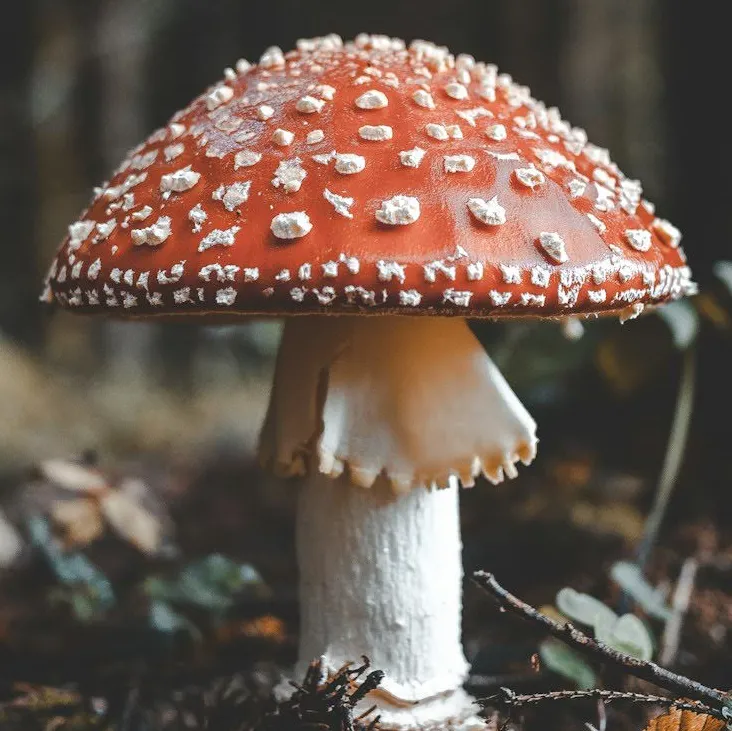About

Hi, I’m Dr. Elizabeth Fox Butler. I don't see the world as black. vs. white, light vs. dark, etc.; I think in rainbow.
I’m a licensed clinical health psychologist, but you might also call me a mind mender and a sensitive person whisperer. I’m a neurosparkly and neurodiversity-loving human, parent, child, therapist, client, teacher, student, and much more (as we all are!) on a lifelong journey to hone self-acceptance and healthily channeling life force. Supporting fellow neurodivergent parents, teens, and young adults is my life’s purpose. I hope to set an example by consistently investing in my own healing and realization of my highest self so my cup is full and I can serve others from a thoroughly nourished place.
I help Highly Sensitive and/or Neurodivergent individuals, romantic partners, and parent-child dyads 13+ with trauma, anxiety, grief, strengths and struggles related to various sensitivities, and more.
| Who I Serve | My Approach |
|
I can help you if you’re ready for change but don’t know where to start. You long to feel accepted but lost when you try to express yourself. You want to stop hurting but aren’t sure how to comfort yourself.
I help neurodivergent people, highly sensitive and introverted adults, partners, teens, and parents:
• Repair your relationships through deep healing and more connection
• Embrace your strengths and flaws to reduce inner conflict
• Learn to observe and manage day-to-day energy levels, structure your routines to fuel your energy and share your gifts
• Cope with stress without feeling deprived or driven into unwanted coping attempts
• Seek and embrace social support
• Minimize, redirect, and soothe anxiety
• Channel your sensitivity and use it for good
• Modify your environment so you can thrive and enjoy the little things
• Fine-tune and follow your intuition • Repair your relationship to mind-altering substances and/or compulsive behaviors
|
I know from my own growth and helping hundreds of sensitive and introverted clients that you, too, are capable of facing your fears, healing your pain, and living a full life. Change happens through subtle and steady action, which adds up to significant results. Click here for more information about my approach.
Some of my most recent training experiences include:
• Healing the Ancestral Lines (Year 1 & 2) at The Last Mask Center
• Integrative Psychiatry Institute's yearlong intensive psychedelic-assisted therapy fellowship
• Internal Family Systems for Parents with Frank Anderson, MD
• Growing Orchids: Raising the High-Needs or Orchid Child
• Keys to Deepening Your Breathwork Practice with Neurodynamic Breathwork Online
• Community-Based Neuroprotective Developmental Care for Mothers and Babies
• It Takes a Village: Creating Conditions of Acceptance for Gender Nonconforming Children and Youth at Mind the Gap
• DBT Skills Training – A Complete Course at The Linehan Institute
• A Contemporary Psychoanalytic Approach to Couples Therapy
• What’s Your Gender? A Gender Affirmative Model for Working with Children and Youth with Diane Ehrensaft
• Energy Body Maintenance and Energy Body Clearing with the Last Mask Center
• Therapeutic Touch for Healers with Jim Gilkeson CST
• Brain Training Program for Highly Sensitive People with Julie Bjelland LMFT
|
Specialties

Neurodiversity-Affirming Support

Psychedelic-Assisted Therapy

Traumatic Grief Recovery


